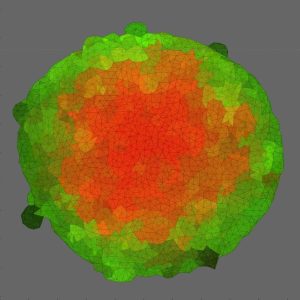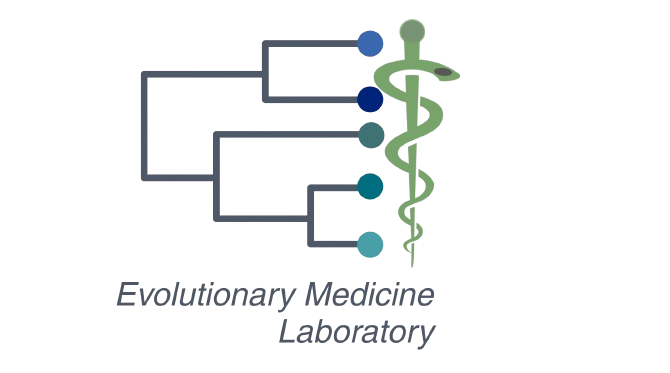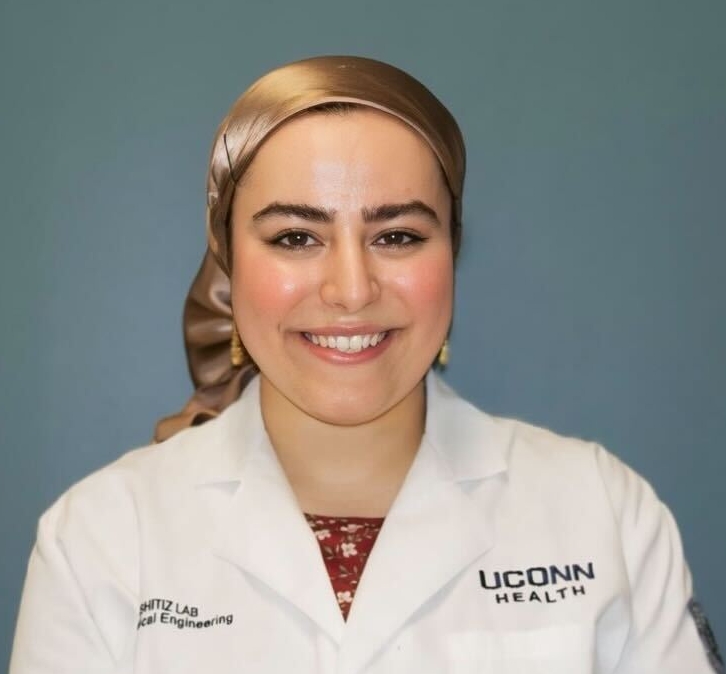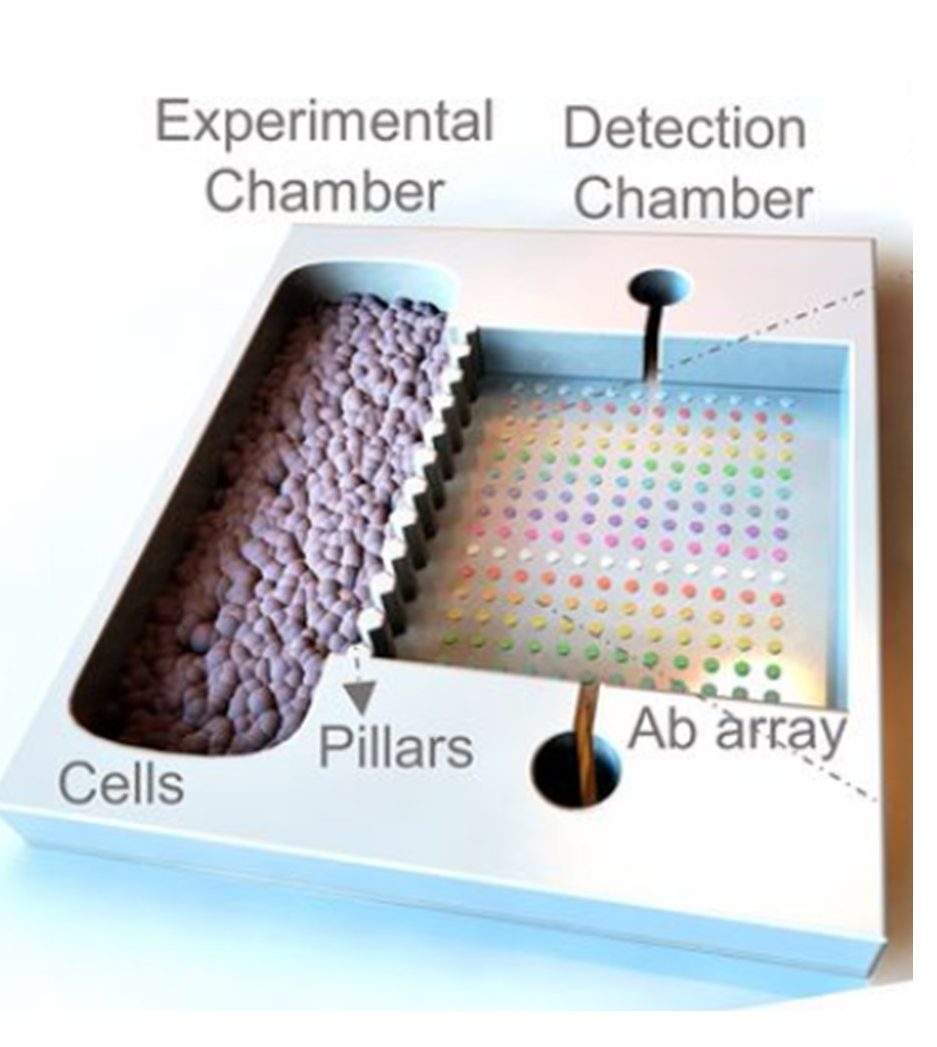
3D Biomechanics of Maternal Fetal Interface in Advanced Materials Technologies
Here is the link to the article. Years of projects sometimes miraculously get published in short intervals together! This is work led by @Kazunori Hoshino’s



Here is the link to the article. Years of projects sometimes miraculously get published in short intervals together! This is work led by @Kazunori Hoshino’s

Here is the link to the article. We don’t think about placenta very much (just gets discarded, so who cares!). But in the last few

Wenqiang Du’s and others seminar paper on the mechanism driving Placenta Accreta Spectrum is now in Nature Communications. Here is the link to the article.

Yasir Suhail has been awarded the prestigious K99/R00 Pathways to Independence award by NICHD. This $1M award will help him transition to a faculty career,

Yamin Liu is awarded the highly prestigious pre-doctoral fellowship from the American Heart Association. She will be working on “Systematic Investigation of Paracrine Cross-talk between

Dr. Yamin Liu’s research focus on cancer microenvironment and heart disease, including cancer-stroma interaction, hypoxia and metabolism, molecular mechanisms of cardiac development and disease.
Kshitiz received his B.Tech. in Computer Science at IIT Bombay, and then PhD in BME from Johns Hopkins Medicine (advisors: Andre Levchenko, Gregg Semenza). He started a startup in University of Washington, Seattle for sometime before returning to academia at Yale University as an Associate Research Scientist. After that Kshitiz joined UConn Health, where he is an Associate Professor in BME.
Apart from science, Kshitiz is an entrepreneur, and a classical dancer in bharatanatyam, as well as an author.
Shaofei is an experienced Bioinformatician with expertise in single cell sequencing, statistics, high dimensional analysis with a particular focus on cancer staging.
I am a sophomore biomedical engineering student at UCONN Storrs. I come from a small town in southern Rhode Island, Narragansett. Surfing and skiing are the two things I will never turn down. Over the last two semesters, I have become a part of this lab, assisting in experiments using traction force microscopy, as well as other cell culture experiments. I have recently started work with animals, and I am excited to dive further into this sector.








Our lab uses and develops biomedical tools to specifically answer biological questions we are interested in. We have specialized assays developed in house, as well as use a variety of tools developed elsewhere, which we customize for our collaborative research.
